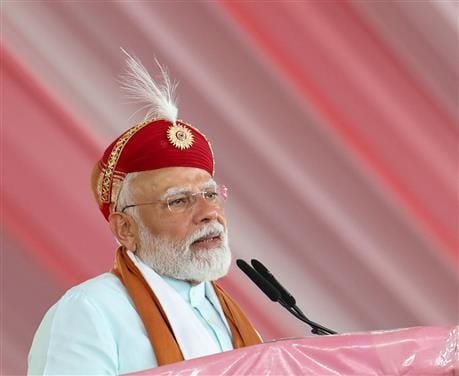Project scope: 166-km of water distribution network, 126-km of climate-resilient stormwater drainage
The Asian Development Bank (ADB) has signed a US$181 million loan to build quality infrastructure and services toward improving urban livability and mobility in the peri-urban areas of Ahmedabad city.
“Ahmedabad’s continued expansion presents an opportunity as an economic growth center while the attendant challenge is to better manage the city’s urban sprawl especially in the peri-urban areas,” said Rajesh Vasudevan, Officer-in-Charge of ADB’s India Resident Mission, after signing the loan on behalf of ADB https://www.adb.org/ with the Indian Government.
“The project’s https://www.meed.com/latest/tenders interventions aim to address this challenge with the expansion of quality urban services and transport connectivity for the large migrant population settled in the city’s peripheral areas,” he added.
The project https://www.globaltenders.com/ aims to make peri-urban areas of Ahmedabad livable, environmentally sustainable, and efficient with robust physical and social infrastructure, a vibrant economy, and a distinct identity as a preferred investment destination, added Juhi Mukherjee, Joint Secretary, Department of Economic Affairs, and signatory of loan agreement on 13 Mar 2024.
The project will benefit urban poor, women, and migrant workers through improved urban services and urban governance. It will construct 166-km of water https://waterindia.net/ distribution network, 126-km of climate-resilient stormwater drainage, 300 km of sewerage systems, and four sewage treatment plants. The project is also supporting 10 junction improvements along the existing Sardar Patel Ring Road to improve connectivity of peri-urban areas to Ahmedabad city.
ADB will help strengthen the capacity of the Ahmedabad Urban Development Authority and urban local bodies in technology-based urban planning https://ted.europa.eu/en/ , including climate change and disaster-resilient infrastructure that promote environmental and social safeguards, gender equality and social inclusion.
The project will support land development plans and town planning schemes integrating these elements that can be replicated by other states to enhance more planned urban development and densification through agglomeration.
The project will also build the government agencies’ capacity in financial planning, revenue enhancement and infrastructure asset operations. Awareness-raising activities will be conducted in communities to encourage water conservation, health, and hygiene. Women self-help groups will be trained on water supply operations.
“The project will support development of recycling treated sewage for industrial use through a public–private partnership,” said the Finance Ministry. Fiinews.com










